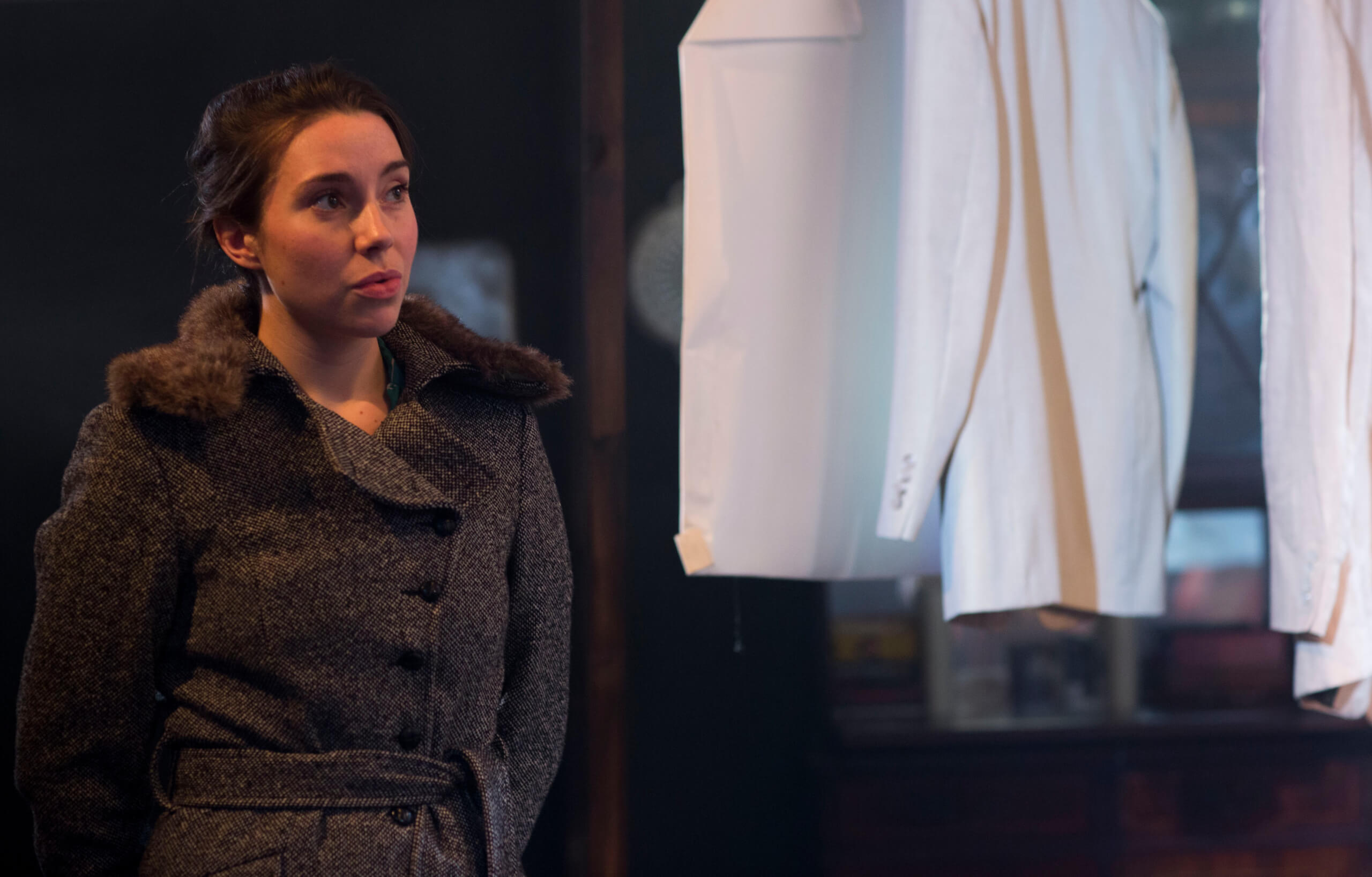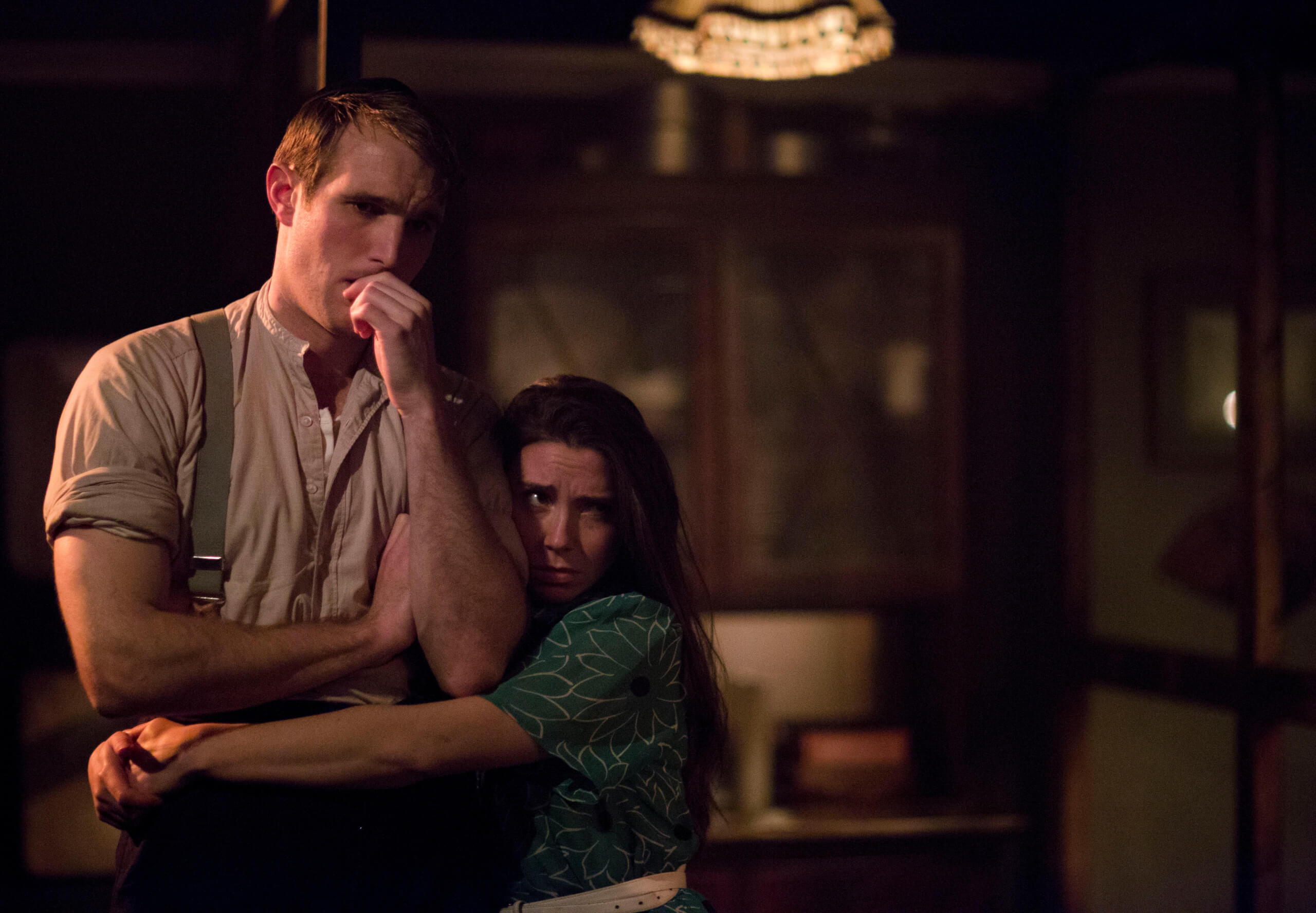About Time You Saw: No VillainBy Charlotte Collins
Wraught tension, hysteria, and familial guilt of Jewish home. A New York family struck by the great Depression, parents struggling with the new world idealisms of their children. By all accounts No Villain’s premise sits comfortably amongst the rest of Arthur Miller’s iconic canon.
Having never previously been staged, the Old Red Lion’s interpretation of the playwright’s debut, written in 1936 to win the University of Michigan’s Avery Hopwood award, is preceded by enormous anticipation. Heightened by the space’s claustrophobic architecture, the play’s central family is enduring an agonising wait for the return of their prodigal son, Arnie, from university. Reminiscent of the wait for relatives in the opening scenes of A View from the Bridge, as they pace the room, jumping at every sound, it seems that both the audience and characters alike are anticipating what Miller’s first creation may have to offer. Described as his ‘most autobiographical work’, this piece is the playwright through and through – patriarch Abe’s straightforward, American middle-class perception of life is shattered by the supposed communist ideology of his youngest son and the changing shape of 1930s culture, causing both he and his hysterical wife, Esther, to question their entire belief system. As his successful fabric business collapses around him, he pleas with his son in anguish; ‘you’ll make money, work hard, have a family’, feeding both our pity for him and our desperation at his naivety. It is Abe who describes himself as ‘no villain’ in an almost biblical monologue – like Job, he has committed no sin, yet is seemingly being punished by God.
There’s something else familiar about this piece. In the midst of an argument about the youth’s fascination with communism, son Ben yells at Abe ‘you see the way the world is going to pot – Arnie sees it too’. This defence of extreme politics in a time of socio-economic disruption resonates all too well in the age of UKIP and the resurgence of the extreme right. And, as we watch Abe be defeated as the unions strike and battles rage outside his door, a 2015 audience knows all too well how to be sympathetic to the individuals who suffer at the hands of the politically extreme. These contemporary political parallels only prove Miller’s unique ability to transcend dates and locations, identifying and portraying human emotion that can stand the test of time. So Miller fan or not (and Jewish or not), this powerful play will inspire you to consider the severity of your allegiances.
Currently showing at The Old Red Lion until January 9th








































